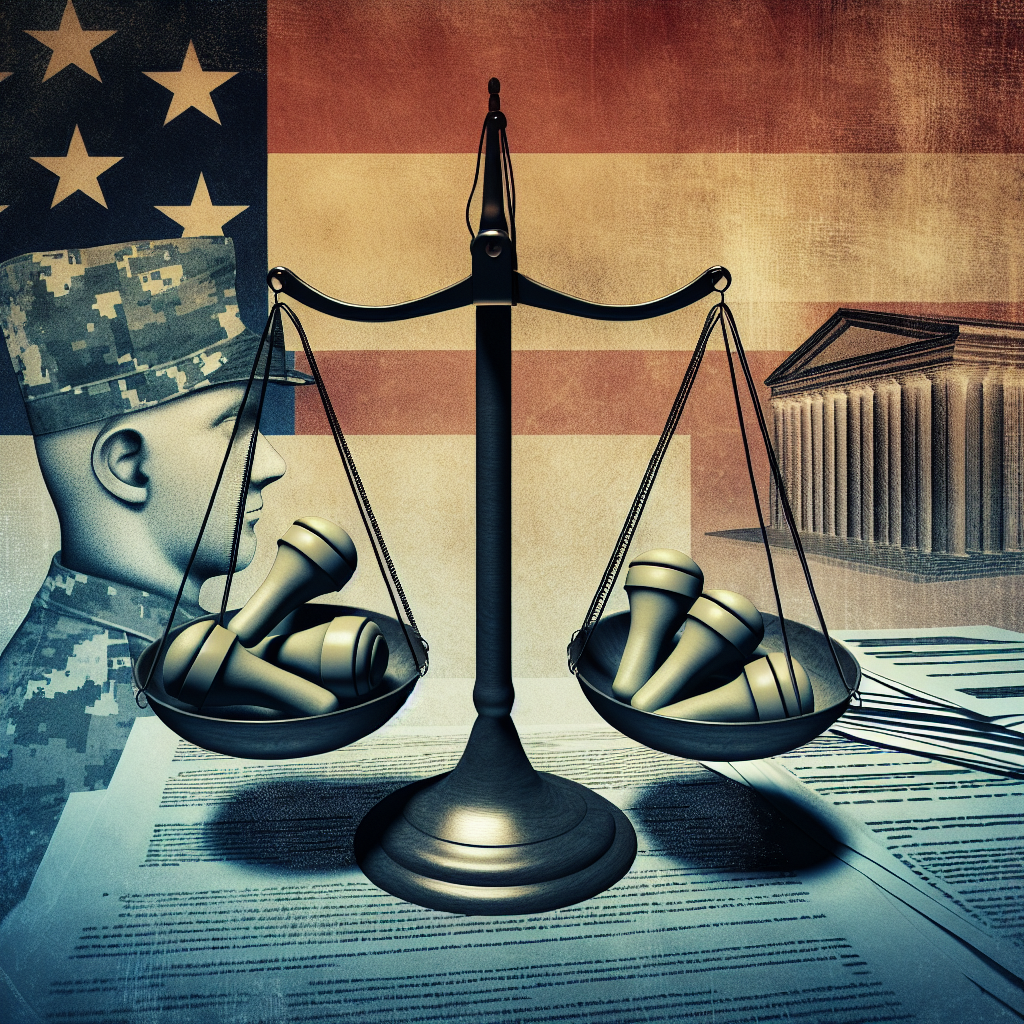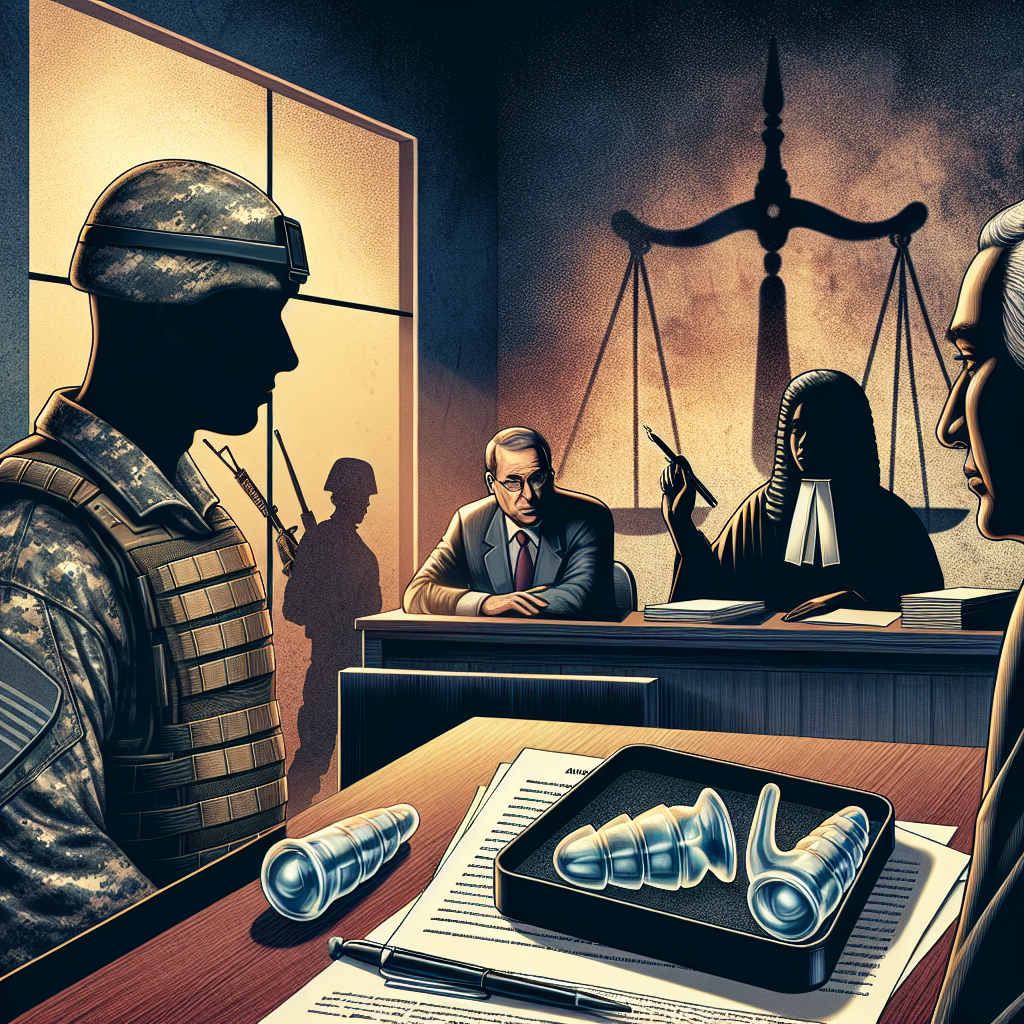Military Ear Plug Lawsuit: Seeking Justice for Veterans

When it comes to protecting the brave men and women who serve in the military, one would expect that every precaution is taken to ensure their safety. Unfortunately, a recent military ear plug lawsuit has shed light on a disturbing issue that has affected countless veterans. These lawsuits have brought attention to the negligence of a major earplug manufacturer and the devastating consequences it has had on the hearing health of military personnel.
The Background: Defective Earplugs and Their Impact
In the early 2000s, the United States military faced a significant problem with hearing loss among its service members. To combat this issue, the military turned to a trusted supplier, 3M, to provide them with earplugs that would protect soldiers’ ears from loud noises while still allowing them to hear important commands and communication.
However, it was later discovered that the earplugs, known as the Dual-Ended Combat Arms Earplugs (CAEv2), were defective and failed to provide the necessary protection. The earplugs were too short to fit properly in some users’ ears, leading to an inadequate seal and leaving soldiers vulnerable to hearing damage.
The Lawsuits: Holding 3M Accountable
As the extent of the defect became apparent, veterans began filing lawsuits against 3M, alleging that the company knowingly sold defective earplugs to the military. These lawsuits claim that 3M was aware of the design flaw but failed to disclose it to the military, putting thousands of service members at risk of hearing loss and tinnitus.
One of the key pieces of evidence in these lawsuits is a whistleblower complaint filed by a former 3M employee. The complaint alleges that 3M manipulated test results to meet military standards and continued to sell the defective earplugs despite knowing they were ineffective.
The Impact: Hearing Loss and Tinnitus
Hearing loss and tinnitus are two of the most common disabilities among veterans. The constant exposure to loud noises, such as gunfire and explosions, puts military personnel at a higher risk of developing these conditions. The defective earplugs only exacerbated this risk, leaving many veterans with permanent hearing damage.
According to the Department of Veterans Affairs, over 2.7 million veterans receive disability compensation for hearing loss, making it the most prevalent service-connected disability. Tinnitus, a condition characterized by a constant ringing or buzzing in the ears, affects an estimated 1.7 million veterans.
Seeking Justice: Compensation for Affected Veterans
The military earplug lawsuits aim to hold 3M accountable for their negligence and seek compensation for the affected veterans. If successful, these lawsuits could provide financial support for medical expenses, rehabilitation, and ongoing care for those suffering from hearing loss and tinnitus.
Additionally, these lawsuits serve as a wake-up call for the military and other government agencies to ensure that proper testing and quality control measures are in place when procuring equipment for service members. The safety and well-being of those who protect our nation should always be a top priority.
Conclusion
The military earplug lawsuit against 3M highlights the importance of accountability and transparency when it comes to protecting our service members. The defective earplugs have had a lasting impact on the hearing health of countless veterans, and it is crucial that they receive the compensation they deserve.
By shedding light on this issue, these lawsuits not only seek justice for affected veterans but also serve as a reminder that the safety and well-being of those who serve our country should never be compromised. It is our duty to ensure that those who sacrifice so much for us are properly protected and supported.







